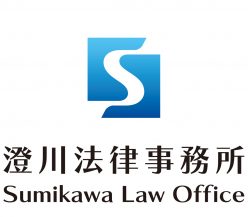Article 922 An heir may accept inheritance reserving to perform the obligation or testamentary gift of the decedent only within the extent of the property obtained by inheritance.
Japanese Civil Code Article 922 is about the Qualified Acceptance of the Inheritance. (Gentei-Shounin in Japanese)

With Qualified Acceptance, the heirs inherit the burden of the decedent’s debts only to the extent of the assets gained by the inheritance. In other words, if the debt is paid off and the assets remain, the heirs can get what is left. Conversely, if the assets are not enough to pay the debt in full, the heirs only have to pay what is gained by the inheritance.
This system looks like a very good and fair way to go, if you only look at the wording of the law. However, this procedure is rarely used. Only several hundred cases are filed each year throughout Japan, where almost 1.4 million people die.
The reason for this is that the procedure is often very cumbersome and expensive.
Filing this procedure requires the petitioner (the heir) to make a detailed investigation of the decedent’s assets and provide a detailed report to the court. It is also necessary to take the time to make distributions to creditors. In addition, the tax process can be quite complicated. These result in a significant amount of time and extremely high costs. Even after spending a lot of time and money, the heirs may not receive anything at all.
Therefore, there are very few situations in which this system is available.

